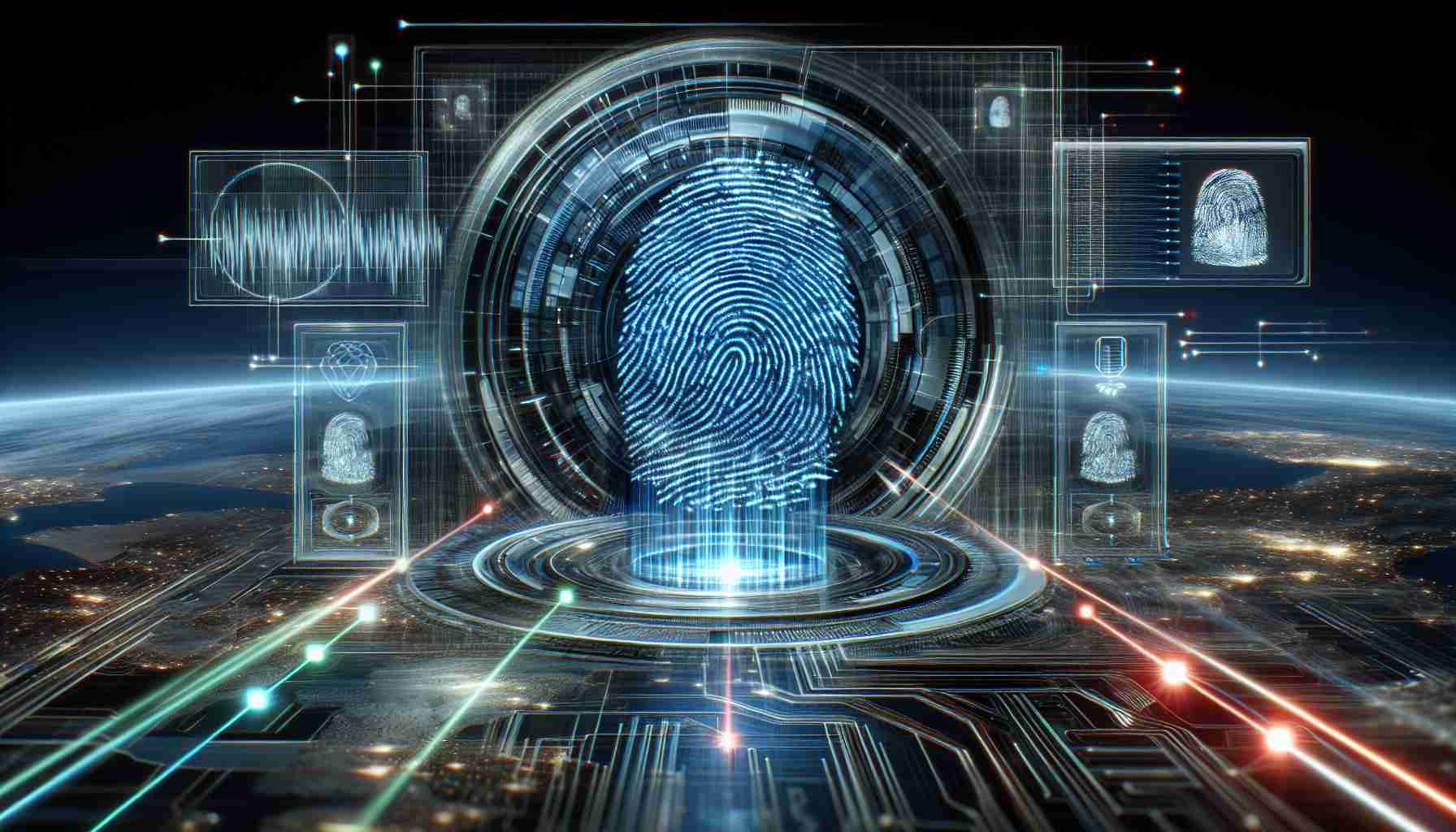In a rapidly evolving digital world, Sumsub (short for Sum & Substance) has emerged as a pioneering force in the field of identity verification and compliance technology. Aimed at leveraging cutting-edge solutions, Sumsub provides a comprehensive verification platform that ensures both businesses and customers enjoy a seamless and secure experience.
With the surge in online activities and the consequent need for robust security measures, the importance of identity verification has grown exponentially. Sumsub uses advanced artificial intelligence and machine learning algorithms to offer automated identity checking, making the process both efficient and less susceptible to human errors. This ensures that businesses remain compliant with current regulations while minimizing the risk of fraudulent activities.
One of the standout features of Sumsub’s technology is its versatility. It supports a wide range of industries, from financial services and gaming to transport and e-commerce, making it an indispensable tool for businesses adapting to future digital demands. Additionally, its global AML (Anti-Money Laundering) compliance supports over-tiered and customizable workflows, catering to diverse regulatory requirements worldwide.
Looking towards the future, Sumsub aims to further develop its technology with enhanced biometrics and blockchain integration, potentially setting new standards for identity verification. As online interactions continue to dominate, Sumsub’s innovative solutions offer a glimpse into a future where security and ease-of-use go hand in hand, thus redefining digital trust and customer experience standards.
Revolutionizing Online Identities: The Unseen Impact of Sumsub’s Innovations
In the quiet corners of the digital world, Sumsub is stirring a revolution with its remarkable advances in identity verification and compliance solutions. Not widely known yet incredibly impactful, Sumsub’s technology plays a pivotal role not just in combatting fraud but in shaping how people, businesses, and even countries interact online.
The integration of enhanced biometrics and possible blockchain technology by Sumsub could drastically alter how identities are verified across borders. Imagine travelers clearing customs in seconds, thanks to immutable identity chains verifying in real-time. While this promises unparalleled convenience, it also raises questions about privacy and data security. Could these digital footprints become too permanent? Would identity theft become a relic of the past or evolve into more sinister forms?
For communities, especially those in developing nations, the implication is profound. Access to the global digital market, previously hampered by identity verification challenges, becomes more feasible. Sumsub’s technology can help these areas leapfrog traditional banking and transport systems, fostering economic growth.
However, there is also a flip side. Enhanced technology can lead to increased surveillance, prompting debates on the right balance between security and individual rights. Will these advanced verification systems succumb to misuse by authoritarian regimes, or could they empower the disenfranchised?
For further exploration on identity verification, industry enthusiasts can visit Sumsub and Forbes for more on digital innovation impacts.
The nuanced dance between progress and privacy continues unabated, and Sumsub stands at the forefront, heralding a future both exciting and uncertain.


















